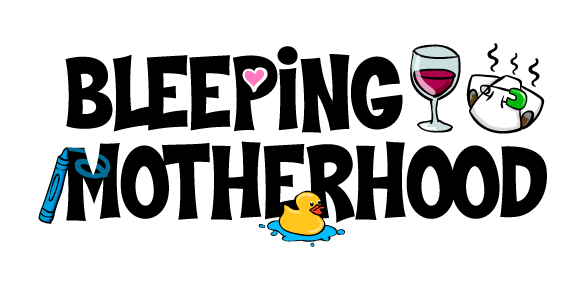The crying. The immense amount of crying. This once dreamt of treasure of yours is inconsolable. Again. Very Loudly. The awful colic has reared its awful head.
After having what was apparently the dream first baby, my second baby entered a stage where she was never happy. She spent hours crying, causing me to spend hours fretting, bouncing and finally crying myself. A tear-filled cycle of agony and frustration for us both.
What is colic?
Webmd (THE source for finding all of the weird ailments you and your children have, keeping you up at night worrying about if that’s a sign of cancer or some little known disease) identifies some of the symptoms of colic as:
-
Cry for what seems like no reason — even when she doesn’t need to eat or have her diaper changed
-
Start to cry in the evening, or at the same time every day
-
Cry for 3 or more hours each day, more than 3 days a week, for at least 3 weeks
-
Make sounds that are more intense than normal — more like a high-pitched scream than a cry
-
Not be soothed, even when you feed or rock her
Let me get this straight. The worst environment imaginable. And for me, it was.
What I learned
First, how two babies can be so different. Just because my first baby seemed to do everything easily didn’t mean that was how all babies are (and any baby that wasn’t as easy as mine didn’t meant it was simply a result of bad parenting). Because of how easy my first baby was in those early months, I puffed myself up thinking I was a really great parent. The second baby should be so easy!
Boy did I need to be knocked down a peg or two, and colic did that for me. The hours I spent walking her, during the day…. I quickly lost my second baby pregnancy weight. I’d wait by the door for my husband to get home just so I could escape to the front porch, causing my baby to scream louder, only muffled by house insulation. She’s always had a set of lungs!
One particular night stands out to me, having walked and rocked her, and she’s still screaming, so I try to breastfeed her to sleep and she’s so involved in her crying she won’t even feed. My husband walks in to check on us and sees me sitting there, crying, holding our crying baby, at my wits end. As all smart husbands do, he picked her up, whisked me out of the room to try to gather my wits back up again. And, as luck would have it, he got her to sleep (or let her cry until she exhausted herself). Cue the mom guilt.
That’s not to say if your first child was colicky your second child will, or won’t be. You never know what you’ll get.
Second, I should have made it more of an issue with my pediatrician. I just assumed it was something parents are forced to suffer through. As my daughter aged and was able to more clearly communicate, I came to realize that she has a pretty significant acid reflux issue. Imagine if I had talked about it more with my pediatrician instead of just suffering through it, we could have taken steps to relieve what was likely painful moments she was suffering through. Cue the mom guilt again.
Could you and your child be suffering from colic?
Could be? And colic is one of those hard to define things. The Mayo Clinic acknowledges how hard it is to know:
“It may result from numerous contributing factors. While a number of causes have been explored, it’s difficult for researchers to account for all the important features, such as why it usually begins late in the first month of life, how it varies among infants, why it happens at certain times of day and why it resolves on its own in time.”
Could is also be gas? Could the colicky cry be causing the gas? Could it be reflux? Could it be an intolerance to the food you are eating (if you are breastfeeding) or the particular brand of formula you are using? It could be any and all of those things.
Foods That Might Cause Colic
According to Dr Sears.com, these are some foods to possibly eliminate from your diet if you are breastfeeding:
- Dairy products
- Caffeine-containing foods
- Grains and nuts
- Spicy foods
- Gassy foods
Good news – as long as you go Cool Ranch, you can keep those life-saving Doritos!
And for our formula fed babies, it could be a reaction to a milk protein (as identified by Similac). Look for formulas that are specifically labeled to help reduce colic symptoms.
Most importantly – talk to your doctor. He or she can help you identify if it is another overlaying problem, or if you’ll need to start seeing a psychiatrist (or finding a way to sneak in some wine time) to help you deal with the possible eight weeks of tears.
Please momma, know you aren’t alone. Know this is a stage you’ll get through – and perhaps someday even write about to share your guilt!
What have been your experiences with colic? Tell us below or continue the conversation on the Bleeping Motherhood Facebook page.







Leave A Comment